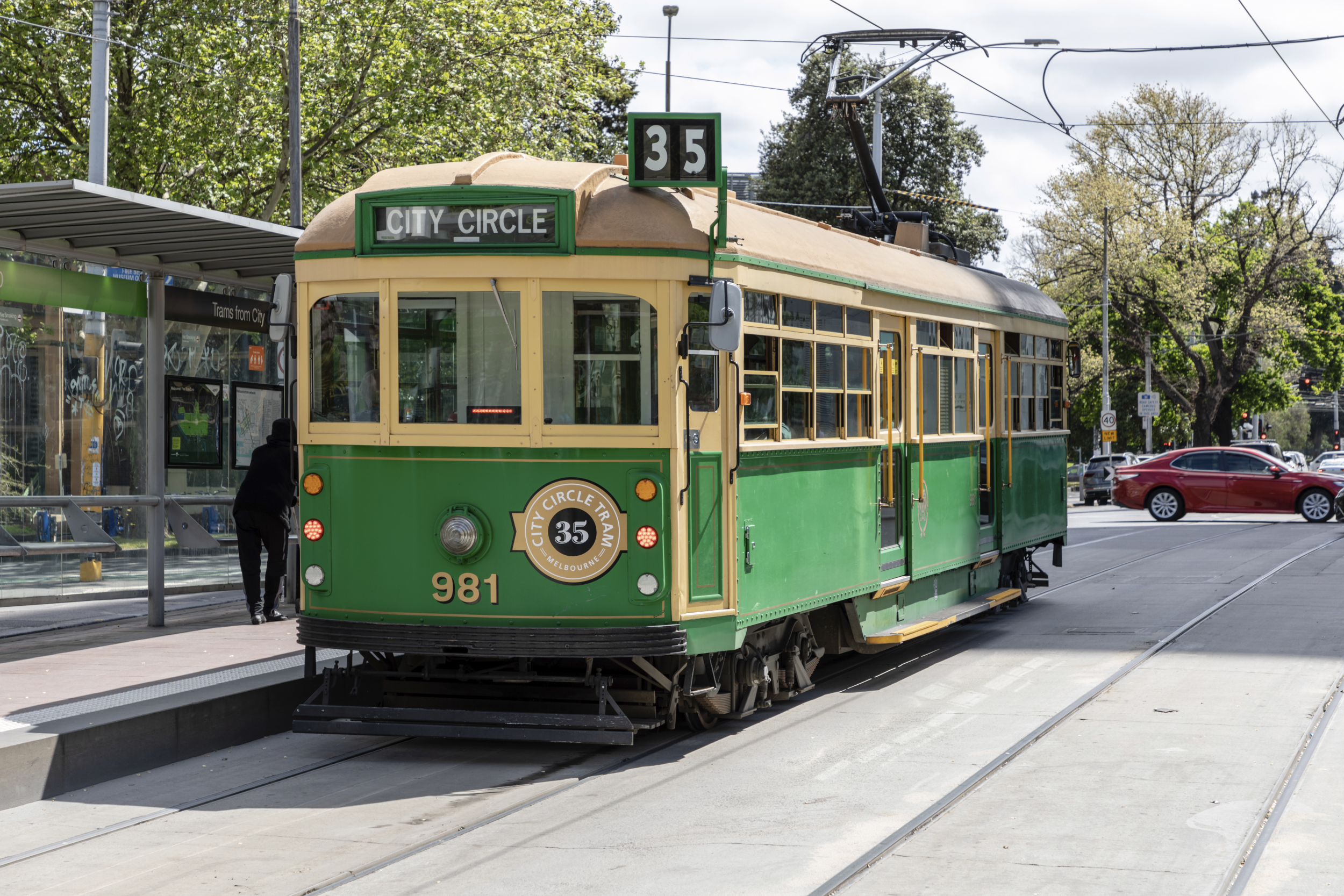

Good luck, stranger! :)


Good luck, stranger! :)


Oh, true?! Much to learn, I still have.
Thank you stranger :)


Except the ones who are dead.


Hmm, I don’t see it either. Expanding “more” on a reply gives me:
Up, Down, Reply, PM, Report, Block, Fav, View Source.
Maybe we’re missing something obvious? XD
TY in advance if we are :)


Greetings follow lurker! :)


The flat roof doesn’t suffer water ingress during heavy/violent rain, only because it is a single sheet from end-to-end. This means if water flows backwards, it doesn’t go under another sheet, or under any flashings.
The asbestos, fortunately, is in good condition. The advantages: will not burn, does not rot or absorb moisture. It makes modifications a little more time consuming (adding power points, etc), because I have to do a lot of preparation and wear the right PPE, but otherwise it’s not a hassle to live with.
To give you an idea of cost, we paid AUD$1100 to have four panels (two inside, two outside) removed + disposed, and replaced with modern cement sheet. (Reason for removal, was so that a split-system aircon unit could be installed on that wall. Removing the asbestos first, meant that the electrician and aircon trades wouldn’t have to cut asbestos.)


How interesting - the bricks and blocks would act as quite a good heat mass to sort of, smooth out the temperature? (And chimney is the word we use also 😆)
Our cottage is built up on hardwood stumps, with a hard oak frame, and asbestos sheet cladding, both inside and out. The roof is almost flat, just a 2 degree incline, with corrugated iron sheets from end to end. Cheap and hollow 😀 hahaha


I’m curious, what is the construction of an average 70s home in your region?


I don’t believe the government has any running initiatives to improve energy ratings on old houses, but there are certainly standards for new builds like you would have today. Generally speaking, because the summer sun disproportionately heats up our metal roof (and our ceiling cavity is not insulated), it will get to around 2-3 degrees hotter inside than it is outside, if no climate control is used.
The advantage on a sunny winter day, is that it can be 10 degrees outside, and 17 inside if we’re lucky :) (but of course that heat vanishes the moment the sun goes behind the trees.)


Posting to add a more quantitative figure for readers, now that I have my notebook in front of me. Each side of our electric blanket, on power setting 1, consumed 0.0229kWh during a 41min testing period. That equates to 0.0559kWh per hour


I feel you! We cut most discretionary during Feb 2020 and haven’t ramped it back since. We grew accustomed to the emergency lifestyle. Compared to your system, we forego the bottle in favour of 1hr electric blanket to preheat the bed, and set the heater at 14deg. Electric blankets are actually incredible value - we have a power meter (plugs inline with an appliance), and measured each side of the blanket to consume $0.007c (round up to 1 cent) per hour at its lowest setting (at 17c per kwh, our previous contracted rate).
That reminds me, I really need to make consumption labels for our appliances - I’ve taken all the measurements, but they’re still just scrawled on a notebook.
edit: numbers


Nice! Contribute literally anything, it all helps. 10 year reddit lurker here, also making an effort to bring something to the table. Until it gets busy. Then I’ll fade into the background again :)


Ahh yes, we also suffer from a lack of insulation. Empty ceiling and walls. The 50s was a pretty relaxed era for Australian housing.


And I can only assume, at this point, you are also about to lose a wife?


It’s been about ten years, give or take. Thank you and fuck you for breaking my streak.
Edit: welcome 🙃


If you hadn’t specified, I would have sworn that, with your vivid description, you must have been talking about 23 Farenheit. On a 23C day, I would be in the garden in short-sleeves soaking up the heat! Hahaha


That sounds like a good productive temperature 😀 I must admit, I run a little foot heater during the mornings at work (office, onsite) to defrost my extremities!


Interesting idea, banking some heat ahead of a storm. We regularly lose power here, but not for any significant length of time (minutes, not hours or days)


I don’t know if our doors seal well enough to maintain any kind of temperature differential between rooms. I had never considered the consequences! It’s kinda humid around the hills though, so we keep windows open during the day to keep fresh air moving around, even during winter (Southern Australia)
Do you know the tare weight of your tandem trailer?
Realistically, your needs are fairly incompatible (1.7m height, $25k budget, 2,000kg towing (ideally 2,500, as most good braked tandems weigh more than 400kg with ramps and a spare), and wagon-type).
Since the height and towing capacity are non-negotiable, you may need to be flexible on other needs: 1: blow the budget, Audi A6 Allroad Quattro, or Volkswagen Passat Alltrack (must be recent models (post 2016?) for the 2t+ towing capacity) 2: SUV type but lower than 1.7m, Volkswagen Tiguan
Expect to spend more to have your towing capacity upgraded, and a good electronic brake control system installed.
Other contenders: Mercedes GLC (any diesel), although I can’t recommend owning one unless you hate money.